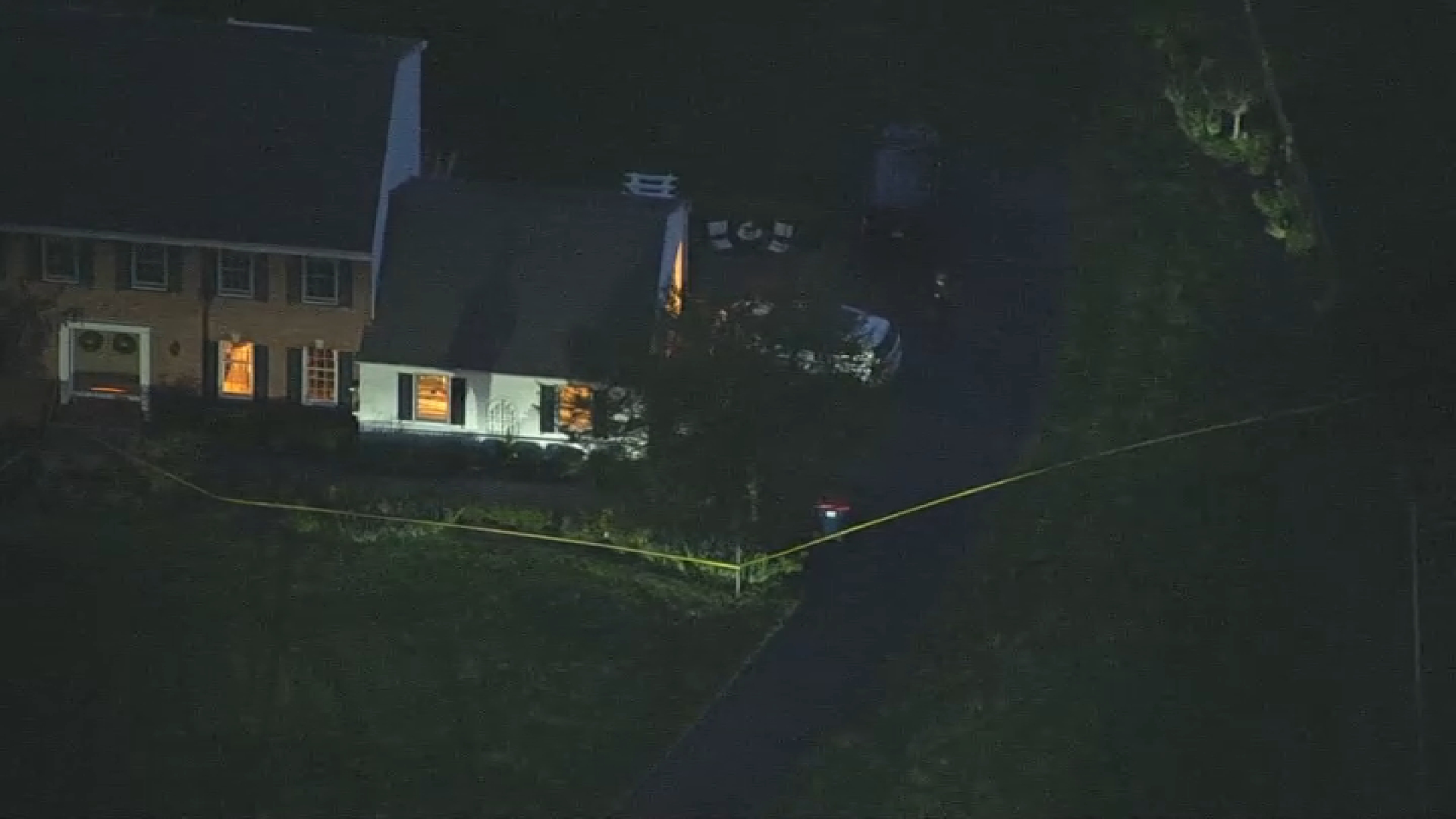Repeat DUI drivers are killing at an astounding rate, according to PennDOT and AAA. But the NBC10 Investigators discovered efforts to get them off the road sooner are going nowhere.
According to multiple studies by the Traffic Injury Research Foundation, in Pennsylvania, New Jersey and Delaware at least 40 percent of deadly drunk driving crashes involve repeat offenders.
In Pennsylvania and New Jersey, repeat drunk driving isn’t a felony. In Delaware it’s only a felony after the third time a driver is caught drunk.
“Unfortunately when it comes to impaired driving it is not on the radar screen of legislators,” Stephen Ernie, the head of the Pennsylvania DUI Association, said. “Until members of the general assembly realize that public health policy should be their number one priority, we are going to be fighting an uphill battle.”
The NBC10 investigators found 13 bills sitting idle in the Pennsylvania legislature that would make drunk driving laws tougher. Each bill calls for stricter sentences for repeat drunk drivers. State Senator John Rafferty, who is also the chairman of the Senate Transportation Committee in Harrisburg, explained why those bills haven’t become law.
“Who votes against this?” NBC10 investigative reporter Mitch Blacher asked.
“Nobody votes against it,” Rafferty said. “It’s whether the bills come up or not.”
Rafferty was able to get an ignition interlock bill passed out of the committee he controls. Harsher DUI sentences have eluded him so far with other committees however.
Local
Breaking news and the stories that matter to your neighborhood.
“If there are 13 bills that aren’t making it to a vote, there are people out there, your colleagues, who don’t think this is important,” Blacher said.
“It’s my job to make sure they realize that and to educate them and I will continue to, just as I did with the ignition interlock,” Rafferty replied. “I will continue to push this legislation forward.”
New Jersey and Delaware have also had state laws requiring ignition interlock devices for some offenders. Law enforcement officials told NBC10 that’s not enough however.
“Ignition interlock doesn’t stop them from driving,” Newark Police Lieutenant Andrew Rubin said. “It might stop them from driving that specific car but there is nothing to say they can’t borrow a friend’s car.”
The drunk driver who struck and killed Pat Crowley’s 23-year-old son Liam was driving a truck that was registered to his mother. He was also a six-time drunk driver.
“He hit the side of the pickup truck and he never recovered,” Pat Crowley said.
Crowley watched his son linger in a coma for several days. Doctors told him there was nothing left to do.
“I had to make the decision to put him out of his misery and pull the plug,” Crowley said. “That was not easy.”
Crowley wants stiffer laws but realizes lawmakers may never fully understand his pain.
“What’s the cost of a life?” Crowley asked. “It means nothing unless it’s a life that means something to you.”
Drunk driving isn’t the only issue. Drugged driving is also becoming a common occurrence in our area as Debra Iwaniec knows far too well. Her son Kenton Iwaniec’s fifth day as a Pennsylvania State trooper was his last due to a drugged driver.
“No one deserves to die that way,” Debra Iwaniec said. “No one deserves to suffer at the hands of a drunk or drugged driver.”
The woman who struck and killed her son was driving 73 mph in a 45 mph zone. She had oxycodone and vodka in her system.
“She crosses the center line, hits our son head on,” Iwaniec said. “He never saw her.”
According to PennDOT, more than 8,000 drivers have been killed or injured since 2010 by a drugged driver. They also say 12,000 more have been hurt or killed by someone who was under the influence of both drugs and alcohol. Pennsylvania State Police Corporal Scott Davies is trying to bring those numbers down.
“Those numbers are a lot higher than what we’re showing on paper,” Corporal Davies said.
Davies, who trains both Philadelphia and Upper Darby Police on how to catch drugged drivers, believes the reason for the high numbers is because most officers aren’t trained to detect them. In Pennsylvania there are only 174 drug recognition experts, according to Davies. The experts work specifically to test suspected drugged drivers. While officers can use a breathalyzer for a suspected drunk driver, when drugs are involved there needs to be a blood test — which requires more time and money.
“We don’t test them for the drugs because it costs money for the test,” Davies said. “It takes more time.”
In Delaware, Newark Police Lieutenant Andrew Rubin is one of 23 drug recognition experts in the state.
“You don’t know how many lives you may save because you took some guy off the street,” Rubin said. “We’d like to get more.”
While both Lieutenant Rubin and Corporal Davies train police in their states, they told NBC10 they can’t keep up. They’ve caught people driving while on legally prescribed painkillers and illegal stimulants like cocaine but say the most common drug they’ve found is marijuana.
“We’ve had an increase, I think, in the number of multiple offenders,” Rubin said.
If not for a drugged driver, Trooper Iwaniec might be working alongside Rubin and Davies. Since his death, his mother has become a fierce advocate to get police more help.
“Everything that Kenton was, or would have been, was taken in an instant because someone else decided to drive impaired,” she said.



